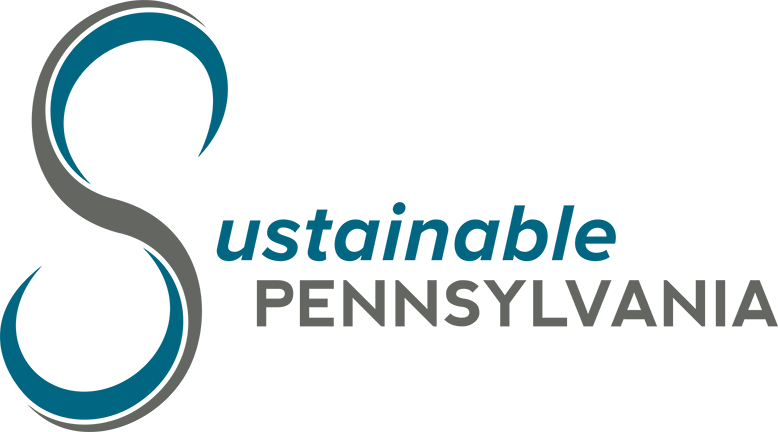Description: Comprehensive water planning is critical to the environment, public health, and safety of not just a community, but its neighbors. A truly integrated water plan looks at all aspects of a community’s water, from stormwater to sewers and drinking water as well as water flowing in and flowing out of the municipality. It must consider both the gray infrastructure and green infrastructure that is needed to meet local, regional, and national water-related goals.
Best Practices in Developing a Comprehensive Water Plan for Your Municipality:
- Create a thorough description of the water quality, human health and regulatory issues to be addressed in the plan.
In what ways are these issues likely to shift under the climate change projections for your region? Which populations, municipal systems, and built structures are likely to most suffer from a lack of addressing these issues?
- Create a description of existing wastewater and stormwater systems under consideration and summary information describing the systems’ current performance.
Does your municipality have combined sewer/stormwater systems and overflows? When were the components of the system last replaced or repaired? When will major replacement work be necessary? Is the consolidation of service provision a matter for current or future consideration?
What bodies of water exist in the community? Are they ecologically healthy, in need of rehabilitation, or in need of further study? Have any pre-existing streams been channeled or piped underground? How many watersheds are located in your community, and how does the water flow through the watershed(s)? To what extent do key bodies of water interact with private and public properties?
- Outline a community process which opens and maintains channels of communication with relevant local stakeholders in order to give full consideration of the views of others in the planning process and during implementation of the plan.
A community engagement plan should include diverse representation from throughout the community, especially those residents and other stakeholders most impacted by matters like increased water/sewer rates, flooding, and clean water access. Outreach should include multiple methods for sharing information, gathering feedback, and following up with stakeholders. As with any community engagement effort, it is important to understand both who is involved and who has not yet been effectively engaged. Municipal officials should work to engage people where they already gather, rather than relying on stakeholders coming to a formal municipal meeting.
- Outline a process for identifying, evaluating, and selecting alternatives and proposing implementation schedules, including a plan for modifying ongoing or planned projects based on changing circumstances.
How will your municipality prioritize water-related system improvement projects? Work with water and sewer authorities, as well as regional planning agencies and local/regional green infrastructure and environmentally focused nonprofits, to determine shared priority projects. Begin exploring local, state, and federal funding opportunities for projects, and contact your state and federal legislators to share your municipality’s priority projects and seek guidance on relevant pools of funds. Consider approaching downhill and uphill communities impacted by potential projects in order to build shared strategy, advocacy, and funding efforts.
